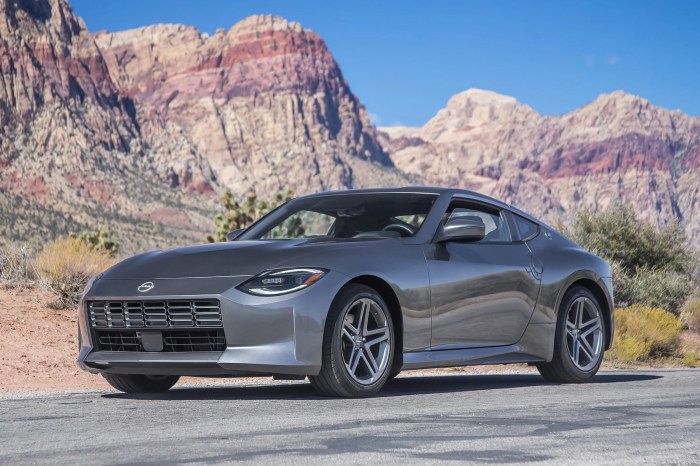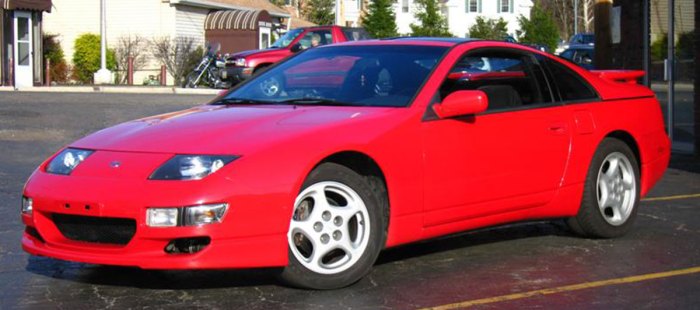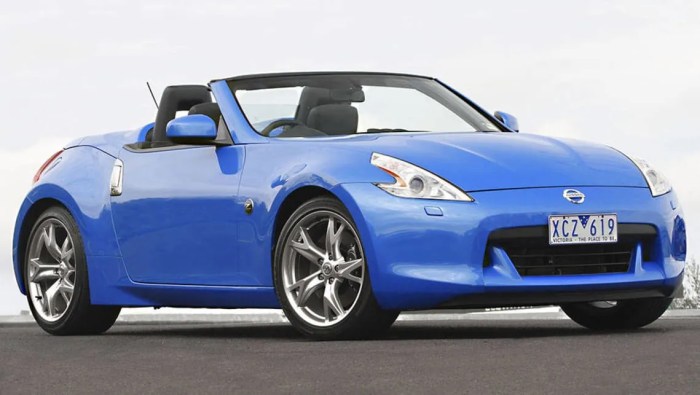Sports cars with over 400 hp are the pinnacle of automotive engineering, combining blistering speed with exquisite design. These machines are not just about raw power; they symbolize a lifestyle and a passion for performance. In this exploration, we’ll dive into what makes these high-horsepower vehicles so captivating, from their formidable specifications to the exhilarating driving experiences they offer.
Browse the multiple elements of Lotus Emira V6 First Edition to gain a more broad understanding.
Horsepower serves as a key indicator of performance for sports cars, with over 400 hp marking a significant threshold that defines the elite class of high-performance vehicles. The characteristics of such cars include advanced aerodynamics, precise handling, and lightweight construction, all tailored for enthusiasts seeking unparalleled thrill on the road. As we look into popular models exceeding this impressive benchmark, we’ll reveal the diversity of options available for those ready to embrace the power.
Investigate the pros of accepting JDM sports cars 2024 in your business strategies.
Overview of Sports Cars with Over 400 HP
Sports cars are often defined by their performance, and horsepower is a critical metric in evaluating this aspect. Horsepower represents the engine’s ability to perform work over time, directly influencing acceleration, top speed, and overall driving experience. In the realm of sports cars, vehicles boasting over 400 horsepower are positioned at the pinnacle of performance, offering exhilarating driving dynamics and advanced engineering.
High-horsepower sports cars share common characteristics, including lightweight construction, aerodynamic designs, and sophisticated suspension systems. These vehicles are engineered not just for speed, but for precision handling and a thrilling driving experience. The market segment for these high-performance cars is often comprised of enthusiasts and collectors who seek powerful machines that deliver unparalleled excitement on both the road and the racetrack.
Popular Models of Sports Cars with Over 400 HP
Numerous sports cars exceed the 400 hp threshold, each offering distinct performance characteristics. Here’s a list of some popular models along with their specifications:
- Ferrari F8 Tributo
- Engine Type: 3.9L V8 Twin-Turbo
- Horsepower: 710 hp
- 0-60 mph: 2.9 seconds
- Top Speed: 211 mph
- Porsche 911 Turbo S
- Engine Type: 3.8L Flat-6 Twin-Turbo
- Horsepower: 640 hp
- 0-60 mph: 2.6 seconds
- Top Speed: 205 mph
- Chevrolet Corvette C8
- Engine Type: 6.2L V8
- Horsepower: 495 hp
- 0-60 mph: 2.9 seconds
- Top Speed: 194 mph
- Lamborghini Huracán EVO
- Engine Type: 5.2L V10
- Horsepower: 631 hp
- 0-60 mph: 2.5 seconds
- Top Speed: 202 mph
In terms of performance, these models vary significantly. For instance, the Porsche 911 Turbo S excels in acceleration and handling due to its all-wheel-drive system, while the Ferrari F8 Tributo is celebrated for its lightweight engineering and agility on the track.
Performance Enhancements in Sports Cars

To maximize horsepower, several modifications can be made to sports cars. Common enhancements include:
- Upgraded turbochargers or superchargers for increased air intake and boost pressure.
- High-performance exhaust systems that reduce back pressure and improve engine efficiency.
- ECU tuning to optimize fuel delivery and ignition timing for greater power output.
Aerodynamics also plays a crucial role in performance enhancement. Features such as front splitters, rear spoilers, and diffusers reduce drag and increase downforce, allowing for better traction and stability at high speeds.
Weight reduction is equally important; lighter vehicles accelerate faster and handle better. Materials such as carbon fiber and aluminum are commonly used in modern sports car construction to achieve these goals.
Engine Types in High-Horsepower Sports Cars, Sports cars with over 400 hp
High-performance sports cars utilize various engine configurations, each offering unique benefits:
- V8 Engines: Known for their power and torque, V8 engines provide robust performance but can be heavier.
- V10 Engines: These engines balance power and weight, offering high RPMs and thrilling sound, often found in exotic models.
- Turbocharged Engines: Smaller, lighter engines can produce more power than their naturally aspirated counterparts by using forced induction.
Advancements in engine technology, such as direct fuel injection and variable valve timing, enable these engines to produce higher horsepower while maintaining efficiency and meeting emissions standards.
Driving Experience of High-Horsepower Sports Cars
The driving dynamics of high-horsepower sports cars are distinctively exhilarating. Characteristics such as rapid acceleration, precise steering response, and agile handling significantly enhance the driving experience.
Drivetrain configurations play a critical role; all-wheel drive (AWD) systems provide superior traction, particularly in adverse conditions, while rear-wheel drive (RWD) configurations allow for more engaging driving dynamics and are preferred by purists for their balanced handling.
High horsepower influences handling and control by providing the ability to accelerate out of corners faster and maintain higher speeds on straights, making for an adrenaline-pumping drive.
Safety Features in High-Performance Sports Cars
High-performance sports cars are equipped with advanced safety technologies designed to protect drivers at high speeds. Key safety features often include:
- Adaptive cruise control and lane-keeping assist for improved highway driving safety.
- Advanced airbag systems that provide protection during high-speed impacts.
- Traction and stability control systems that help maintain control during aggressive driving.
Crash test ratings for these models are crucial, as they provide insight into their safety performance. Many popular models, such as the Porsche 911, consistently achieve high ratings in safety assessments.
Cost of Ownership for Sports Cars with Over 400 HP

Owning a high-performance sports car comes with substantial costs. Typical expenses include:
- Purchase price, which can range from tens of thousands to several million dollars.
- Maintenance costs that are significantly higher than standard vehicles due to specialized parts and services.
- Insurance premiums, which are elevated for high-horsepower vehicles due to their performance capabilities.
Resale values vary widely based on brand, model, and condition, with factors such as rarity and market demand influencing depreciation rates.
Future Trends in Sports Car Development

The future of high-performance sports cars is poised for transformation, particularly with the rise of electric and hybrid technologies. These innovations promise to deliver instant torque and improved performance metrics while reducing emissions.
Emerging design trends reflect a shift towards more streamlined and aerodynamic shapes, catering to consumer preferences for both performance and efficiency. As the automotive landscape evolves, the integration of smart technologies and advanced driver assistance systems will likely shape the next generation of sports cars, ensuring they remain thrilling and safe on the road.
End of Discussion
In conclusion, sports cars with over 400 hp represent more than just speed; they encapsulate the spirit of innovation and the pursuit of excellence in automotive design. From understanding the various engine types to the impact of future technologies, our journey through the world of high-performance vehicles has unveiled the intricate balance between power, safety, and driving experience. As the market continues to evolve, enthusiasts can look forward to exciting developments that promise to reshape the landscape of sports cars yet again.